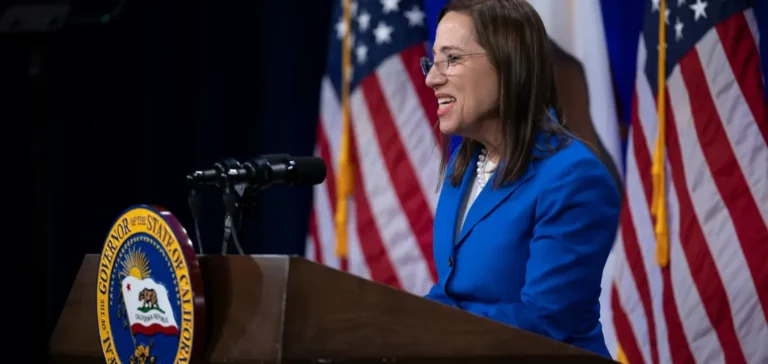California Governor Gavin Newsom has signed an executive order to accelerate permitting for clean energy generation and storage projects in order to secure federal tax credits under the Inflation Reduction Act (IRA). The measure comes as these incentives are set to expire under a federal budget law adopted in July.
An emergency framework to capture federal incentives
The order, signed on August 29, directs the state’s Infrastructure Strike Team to identify energy projects eligible for remaining IRA credits. Projects must begin construction before July 4, 2026, and comply with Internal Revenue Service safe harbour rules, or be fully operational before the end of 2027. The order also tasks state agencies with shortening approval timelines so projects can meet these requirements.
To this end, the California Public Utilities Commission (CPUC) is instructed to prioritise the interconnection of critical projects expected to come online in the next three years. The order further calls on the CPUC to coordinate with the California Independent System Operator (CAISO) to accelerate planning of new transmission infrastructure.
Inter-agency coordination to simplify procedures
Several state agencies, including the California Energy Commission, the California Environmental Protection Agency, and the California State Transportation Agency, have been directed to find ways to streamline and shorten permitting and siting processes. The Governor’s Office of Business and Economic Development is also tasked with working with local permitting bodies to speed up the implementation of large-scale projects.
A progress report with concrete recommendations must be delivered to the governor’s office within 90 days. This mobilisation is part of a broader effort launched by the California executive to simplify administrative processes in order to address construction costs and meet the state’s energy targets.
A legislative reform underway for several years
The order follows a series of reforms introduced in recent years. In July, two laws were passed to exempt certain projects, including solar and wind plants as well as factories producing components for electric vehicles, from review under the California Environmental Quality Act (CEQA).
In January, the CPUC introduced a general order simplifying its permitting process for new transmission lines. That measure also created a pilot programme to track CEQA review timelines and test accelerated procedures.
In 2023, a legislative package reduced to 270 days the maximum litigation period for environmental impact assessments on generation, transmission, and energy storage projects. These bills, proposed by the governor, were passed with bipartisan support.






















